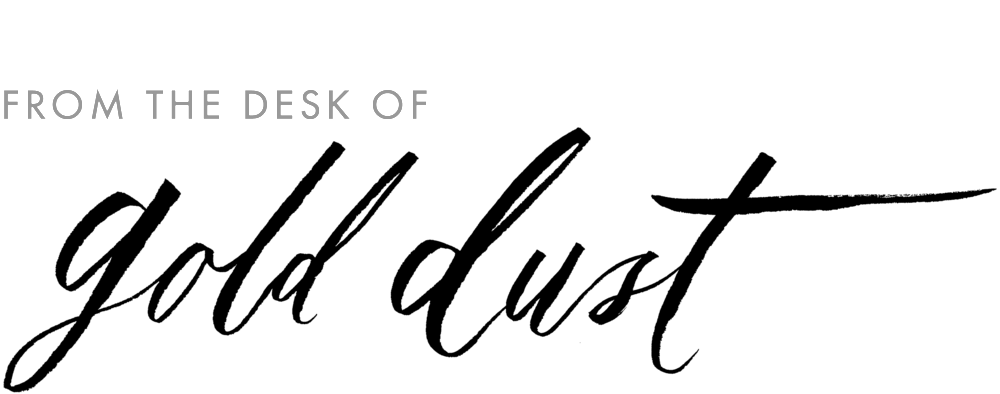Of all the potential roadblocks I projected I’d encounter along the way to turn this website from an idea into a reality, the last thing I expected was a sudden onset of writer’s block. No stranger to the voices in my head that take turns at my mental lectern, keeping the filibuster alive, I have learned a number of tricks for turning down the volume knob. Yet, a few pernicious ones can still locate and penetrate the chinks in my armor. I call the most nasal and scathing one “Sally”.
I know she’s not real, but I can almost feel her peering over my shoulder, smelling of ashtrays and cheap cologne. Her uniform is a permanent scowl and an outdated polyester blouse, the kind with a bowtie built into the neckline. She smokes Virginia Slims and seizes the opportunity between every drag to rattle off another potential consequence of publishing this website. Or as she puts it, “That pathetic drivel you’ve so generously labeled writing.”
Some days, Sally wins. And occasionally, one of her predictions comes true. If I’m emotionally balanced, I take comfort in the adage that even a broken clock is right twice a day. However, if I’m not mentally present, and the hamster wheel in my brain is already spinning, I tune into her voice a little more closely, nodding along with her nonsense, and by noon I’m certain that death is imminent, I have no friends, and it’s best to pour some bleach in my afternoon tea.
I’m grateful to have a number of people in my life who are honest about their struggles with the “committee in their head”. Personally, speaking the unspeakable continues to save my life; yet, this level of vulnerability — especially in the healthcare field — is professional suicide.
I’m not advocating that we all drop what we’re doing, turn to our neighbor, and confess every last thought that pops into our heads. Yet, could it be possible that our work filters are set on such a restrictive setting that we’re getting in our own way?
In healthcare, as with most industries, we constantly talk about the need to “do more with less”. And the marketplace offers plenty of solutions. This is not to discount technology or capitalism — while there is no silver bullet, there are a number of innovations that really do offer value. What I’m suggesting is that we consider the possibility that the next frontier of economic growth will actually take place within.
After delivering a particularly painful group presentation, I can still hear my professor, who happened to be the CFO of an urban academic medical center ask, “What is the cost of doing nothing?” I was so caught up in my hypothetical case study about a lab automation purchase, and how to make it financially viable, that I failed to see the option staring me in the face. With all the realities of healthcare’s competing priorities, combined with the gravity that actual human lives are on the line, it’s easy to see how the most elegant solution could be hiding in plain sight. Especially since this one deals with a realm that is not easily quantified and measured.
Change may be a constant, but that doesn’t make it easy. Considering the pain associated with doing this type on interpersonal work — and how invested our egos are in maintaining the status quo, even at our own peril — it’s easier to pin the problem on technology or any tribe in healthcare except our own (Doctors! Nurses! Leadership! Payers! Patients!). Depending on your claim, your perspective, and your evidence, you may be right. Still, where is that getting us?
At the end of the day, if my career satisfaction is dependent on anything or anyone outside of myself, I am better off resigning myself to the fact that I’ve got a few more decades of misery until I can afford to retire. With that outlook, it’s only a matter of time until I begin to bum smokes from Sally and spend my evenings on the barstool opposite hers, speeding up the process until I reach the ultimate milestone on the GANTT chart of life: death.
I’ve weighed my alternatives, factored in my risk tolerance, and (sorry, Sally) I’ve got to go with my gut on this one. I can only effect change on my own outlook and behavior, but I’ve had numerous conversations over my career that indicate I’m not alone. Without the leaders I’ve been fortunate to work with during my lifetime, I wouldn’t even know that improving my own internal reactions was an option. This is especially true for the examples I’ve witnessed from an organization's informal leaders. It takes a special type of grace and strength to lead change when your position is located on the bottom of the organizational chart.
In the process of envisioning this website, I purposely left room for it to evolve. My intention was to create the space that I wished had existed when I was starting out. Until I found my network of supporters, I felt isolated and alone. While this site is no substitute for human connection, I hope it becomes a complementary addition to your work life. If this bumps up your job satisfaction thermostat by a notch or two, then I’ll consider it a success. If it turns down the volume on your own inner critic, even better.

